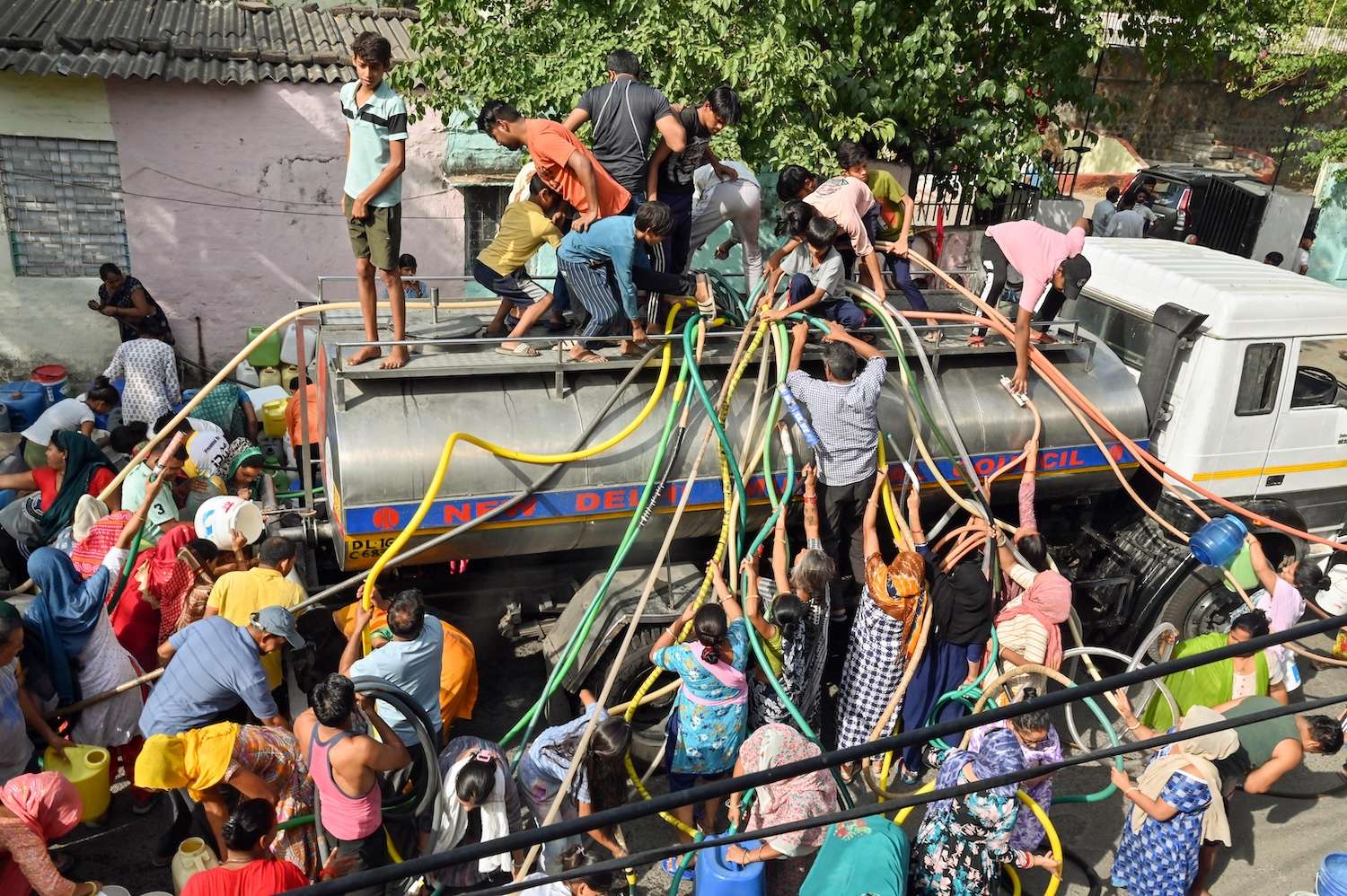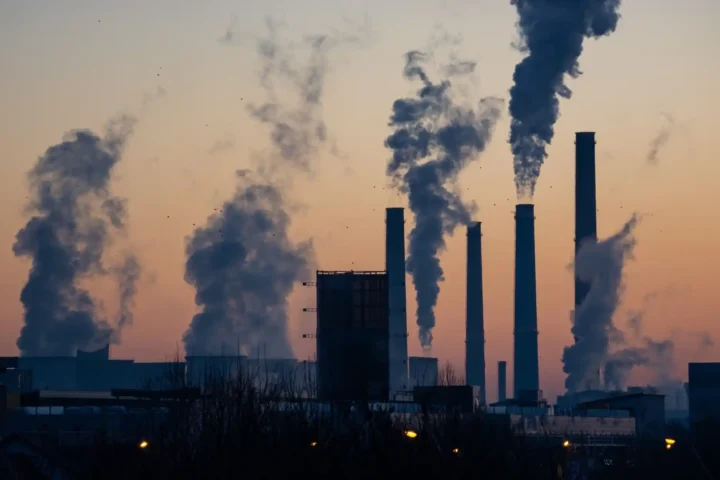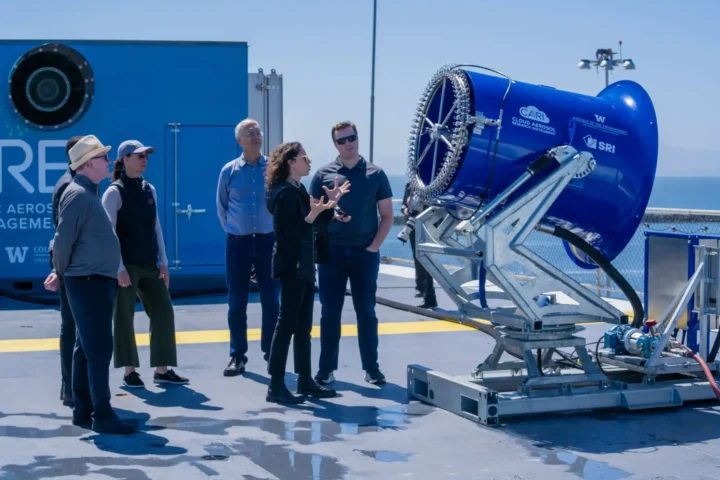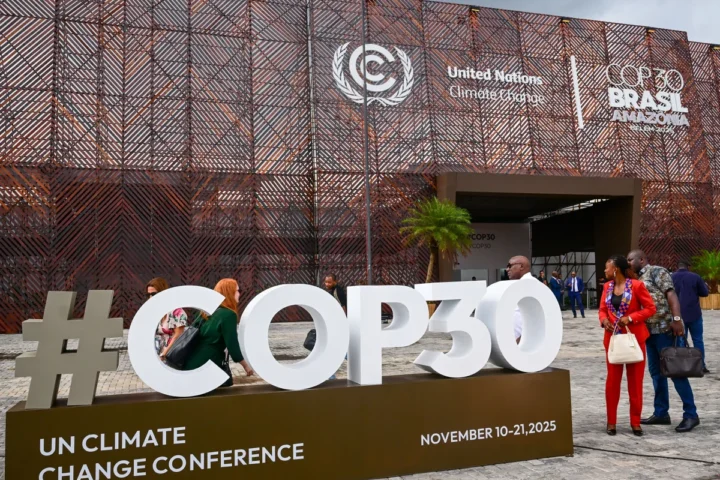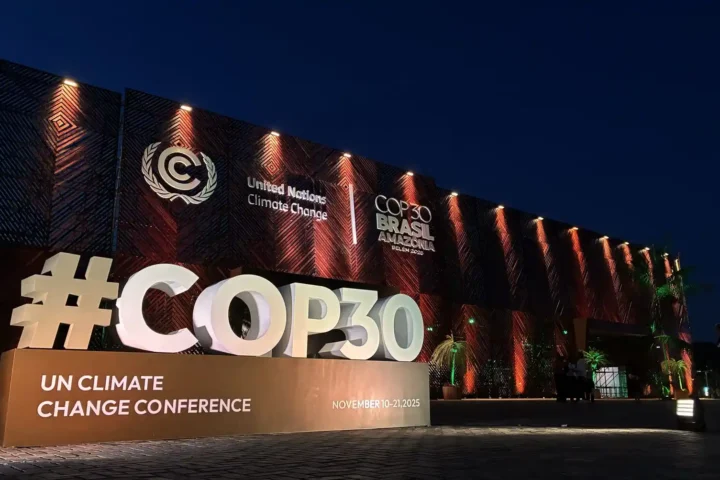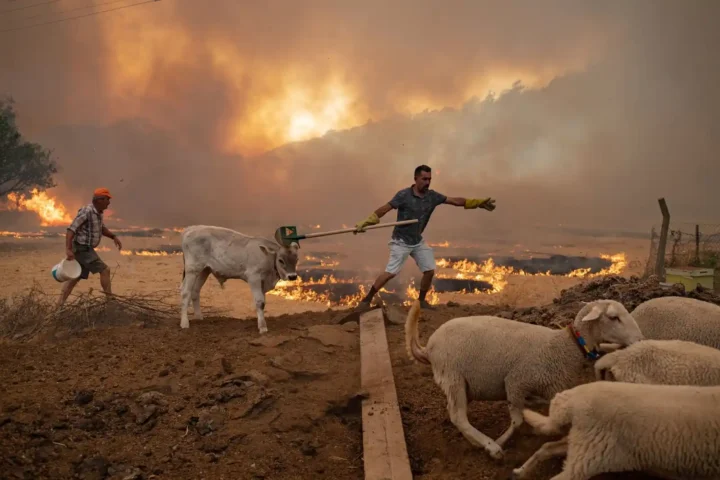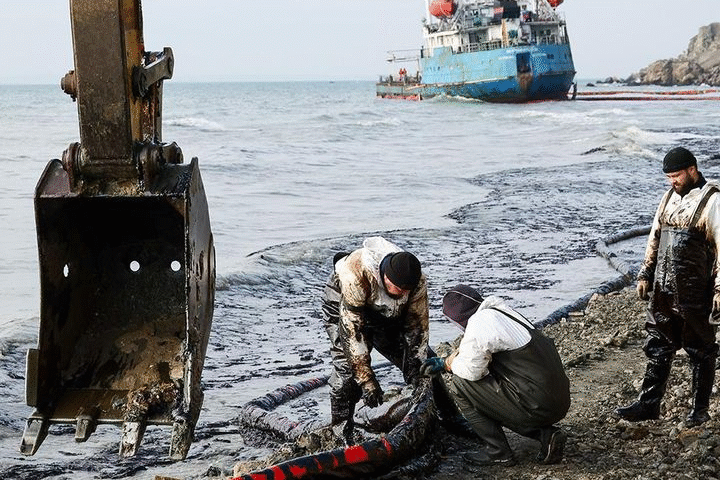Recent images of Delhi’s urban poor chasing water tankers paint a harrowing picture of a deepening crisis. This is not just about water scarcity; it is a stark reminder of a ticking time bomb exacerbated by extreme heat and climate change. Over the past two centuries, cities worldwide have developed centralized, piped networks intended to provide 24-hour water access. While cities in the Global North have largely achieved this goal, those in the Global South, particularly when considering access for the urban poor, have fallen significantly short. A considerable portion of this population remains disconnected from essential water services, trapped in a vicious cycle of scarcity and exploitation.
The failures of large, centralized municipal water systems have given rise to small-scale water vendors who use tankers to bridge the ever-widening water demand-supply gap. However, these vendors often source water illegitimately, relying heavily on groundwater from peri-urban and rural areas. This unsustainable extraction depletes water resources critical for farmers and local communities who depend on these aquifers for irrigation and domestic use. Studies have shown that groundwater depletion in peri-urban and rural areas around New Delhi and Bengaluru has even led to water cuts in the cities themselves.
The problem is compounded by changing climate patterns, erratic monsoon rainfall, and relentless urban expansion, all of which hinder groundwater recharge. The unchecked concretization and widespread tree felling only make matters worse.
Water vendors frequently violate groundwater protection laws. For instance, a 2019 research article I co-authored revealed a troubling collaboration between water sellers and local politicians in Hyderabad, allowing them to bypass groundwater regulations under the Andhra Pradesh Water, Land, and Trees Act (WALTA) of 2002. The very local governing bodies responsible for enforcing WALTA, like panchayats and city administrations, are often implicated in the tanker water market themselves.
In cities like Delhi, Hyderabad, and Bengaluru, water vendors have become an integral part of the formal supply network, backed by local politicians. While this might seem like a solution for the urban poor, it allows profiteering from a communal resource, with the quality and quantity of water from these tankers remaining highly questionable.
Despite their drawbacks, the undeniable reality is that the role of water tankers and vendors has grown due to the persistent failure of formal piped networks and the creation of a parallel water network by powerful actors. However, the discourse on water supply in large metropolitan cities still overwhelmingly prioritizes the expansion of piped water infrastructure.
The harsh truth is that both piped and non-piped technologies are crucial for a functional state-owned water delivery system, especially for the urban poor. City administrators often lack a nuanced understanding of how demand-supply management and climate change impact water sources.
Perhaps it is time to acknowledge the informal water tanker system and establish clear regulations for sourcing and protecting water resources. We need to move beyond merely replicating the “infrastructure ideal” of the Global North and recognize the unique context of Indian cities.
The focus should shift towards sourcing and conserving water at the city level, rather than relying on distant reservoirs and sprawling infrastructure. Developing “modest” approaches to water conservation within cities is essential to comprehensively address existing and future challenges, particularly those induced by climate change.
“Modest imaginaries” — a blend of ideas, technology, and actors — can be characterized by local governance, affordability, and easy maintenance, while promoting inclusivity and community ownership. By embracing these principles, we can create a more resilient and equitable water supply system that truly meets the needs of all urban residents, particularly the most vulnerable.
